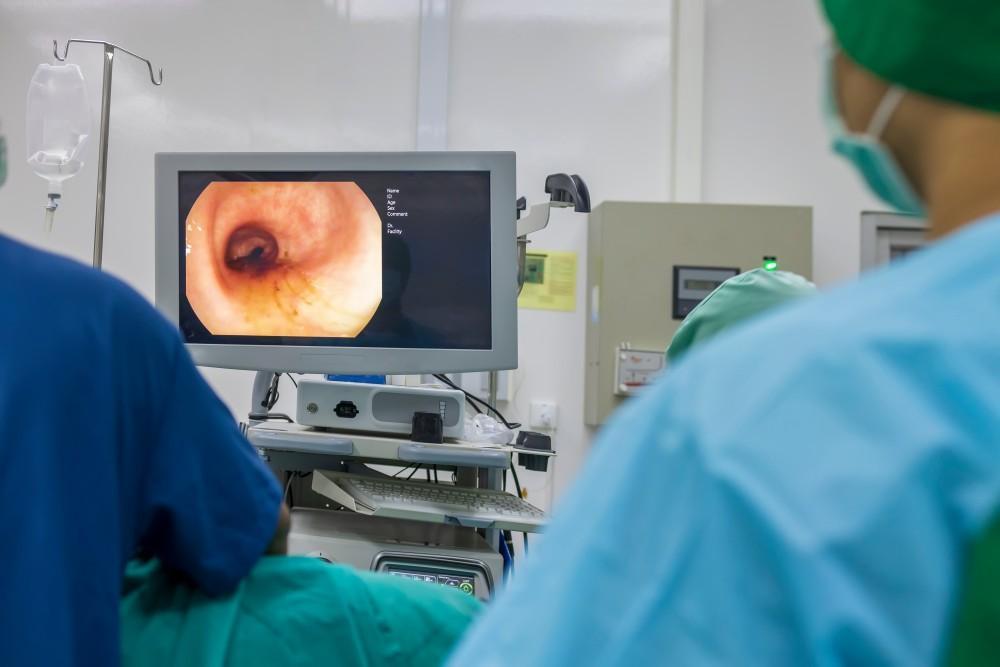
The Link Between STDs and Abscesses

People with inflammatory bowel diseases (IBDs), such as Crohn’s disease or ulcerative colitis, are prone to pus-filled abscesses in their anus or rectum that can cause excruciating pain and other symptoms. But you don’t have to have an IBD to develop abscesses. Abscesses often form as a result of an infection, including STDs.
At Colon and Rectal Surgeons of Greater Hartford, our colorectal experts give you relief from abscesses with drainage and surgery. Here’s how STDs may contribute to this exceedingly painful condition.
Abscesses are filled with bacteria
Perianal abscesses are pockets of infected tissue in or around the anus or rectum. The rectum is the lower part of your intestines, and the anus is the canal through which feces pass during defecation. Abscesses usually occur in one or more of the anal glands that line the skin in those areas.
By their nature, abscesses are filled with bacteria and with the pus your body produces to try to rid itself of them. They may also be filled with stool. Abscesses are classified by their relation to the structures that comprise the anal and rectal areas:
- Perianal (i.e., under skin near anus; most common)
- Ischiorectal (i.e., from levator ani muscle to perineum lateral to anal canal)
- Intersphincteric (i.e., in sphincter muscle)
- Supralevator (i.e., in supralevator space; least common)
Abscesses cause pain in the perianal area, as well as swelling and redness. Painful bowel movements are common with abscesses. Less common symptoms include painful urination, rectal bleeding, and fever.
STDs that cause abscesses
Any type of infection in the perianal area may irritate and and inflame the soft, moist tissue and glands, causing an abscess. However, STDs are often a culprit in abscess development, including:
- Syphilis
- Herpes
- HIV/AIDS
- Chlamydia
If you have HIV/AIDS, your weakened immune system may make you more likely to develop another type of infection that could lead to an abscess, too. Without treatment, an abscess can develop into a condition called a fistula, which is an abnormal opening in the skin that may need surgical closure.
Trauma and anal sex increase the risk
In addition, any kind of trauma to the rectum or anus increases your risk for abscesses. The friction from anal sex or any foreign object inserted into the anus or rectum may break the skin, making it more susceptible to infection.
Depending on what caused your abscess, treatment may include antibiotics to resolve the infection, as well as draining the abscess of pus. We perform drainage in the comfort, safety, and privacy of our own offices. However, large abscesses may need to be drained and closed in a hospital.
Don’t ignore painful or uncomfortable symptoms in or around your anus or rectal area. If you think you have an STD or an abscess, call our experts at 860-242-8591 for a diagnosis and treatment. You can also book online at the office nearest you. We have locations in Bloomfield, South Windsor, and Plainville, Connecticut.
You Might Also Enjoy...


What Happens When an Abscess Is Left Untreated?

Bathroom Habits That Actually Damage Your Colon Health

Why You Might Need an Anal Pap Smear — Plus, How to Prepare

How a Colonoscopy Can Save Your Life


